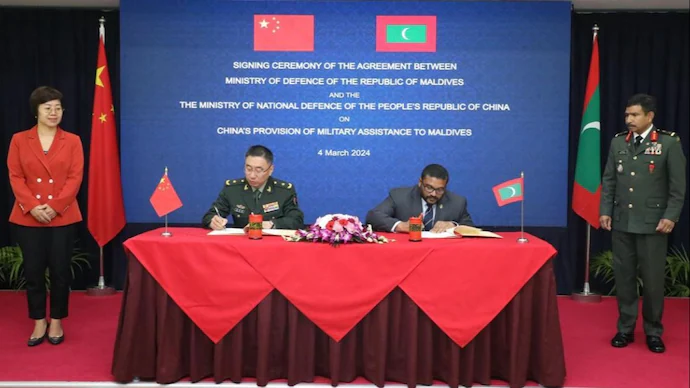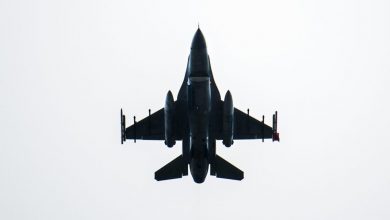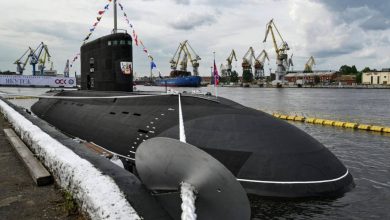China, Maldives sign new military agreement amid strained relations with India

China and the Maldives signed a defence cooperation agreement for miltary assistance, in a bid to also strengthen bilateral ties. This comes weeks after Maldivian President Mohamed Muizzu set a deadline for the withdrawal of the first group of Indian military personnel from the island nation.
Amid shifting dynamics in the Indian Ocean region, the Maldives and China have inked two military agreements, as reported by media in Malé. These deals mark a new chapter in the bilateral relations between the two nations, especially at a time when the Maldives’ interactions with India show signs of strain.
The agreements were formalised in a ceremony where the Maldives Minister of Defence, Ghassan Maumoon, and Major General Zhang Baoqun, Deputy Director of the Office for International Military Cooperation of the People’s Republic of China, exchanged documents.
According to Maldivian media, under the terms of one of the agreements, China has pledged to provide military assistance to the Maldives at no cost. While the specifics of the assistance remain undisclosed, this gesture from China signifies a deepening of military and strategic ties between the two countries. The Maldives’ Defence Ministry has yet to reveal the details of the assistance, leaving room for speculation on the nature and scope of the military support.
Additionally, a parallel agreement was signed concerning the Chinese research vessel Xiang Yang Hong 3, which recently made its presence felt in the Maldives, as cited by Maldivian media. This agreement could potentially impact maritime research in the Indian Ocean Region (IOR), further solidifying their bilateral relations.
These agreements come at a critical juncture when the Maldives’ relationship with India appears to be cooling off. The Muizzu government’s increased engagement with China signals a strategic pivot, possibly recalibrating the balance of power and influence in the region. The Maldives, situated in a strategically vital location in the Indian Ocean, plays a crucial role in maritime security and trade routes in the region.
The new military agreements between China and the Maldives are more than mere documents; they are a testament to the evolving geopolitical landscape in the Indian Ocean. As the Maldives strengthens its military and strategic ties with China, the ripple effects of this partnership are likely to be felt far beyond the shores of the two countries, shaping the regional power dynamics in the years to come.
In the Maldives, there is apprehension about the lack of transparency surrounding the military assistance provided by China. The absence of detailed public information fuels speculation about the nature and extent of military cooperation and its implications for the Maldives’ sovereignty and autonomy. Some fear that excessive reliance on China could lead to a debt trap or compromise the Maldives’ ability to make independent policy decisions, a concern echoed in other regions where China has significantly increased its investment and influence.
The Muizzu government’s China tilt is a complex maneuver that needs to be navigated with a clear understanding of the regional power play and the Maldives’ national interests to ensure that it does not compromise the nation’s autonomy or its relationships with other key partn





